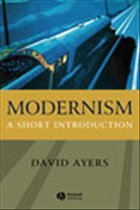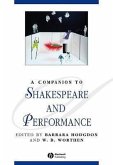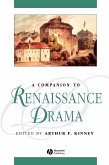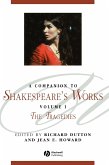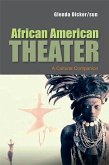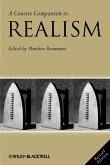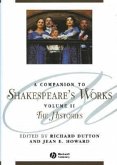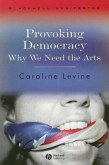This short introduction to modernism analyses the movement from the perspective of English and American literature. It provides a critical overview of some of the central texts of literary modernism, considering both established works and those that have only recently come to critical attention. Author David Ayers shows that, however diverse modernist texts are, they are linked by concerns about social modernization and the role of art and the artist. He also demonstrates that German Marxism and French deconstruction have been crucial in realizing the full complexity of modernism. Ayers's arguments are illustrated with reference to the works of T. S. Eliot, Virginia Woolf, D. H. Lawrence, Wallace Stevens, H. D., Nancy Cunard, Wyndham Lewis and Mina Loy, among others.
'David Ayers provides the reader with a series of interlacingreadings - all of them original and provocative - ofsome major texts of Anglo-American modernism. Ayers's centraltheme is the relation of the linguistic to the social in all itscomplex "modernist" manifestations. The theories ofBenjamin and Adorno, as well as of Derrida, provide an importantbase for understanding the great poetries and fictions of theperiod. But Modernism is first and foremost a book of closeand acute readings of specific poems and novels - a book atonce richly textured and yet also enjoyable to read.'
Marjorie Perloff
Marjorie Perloff

